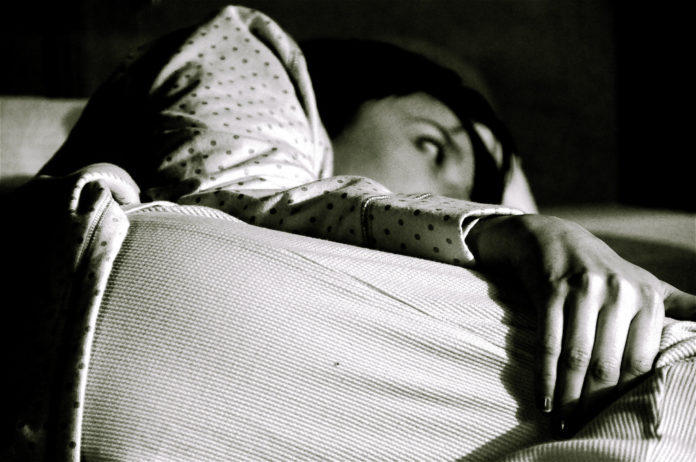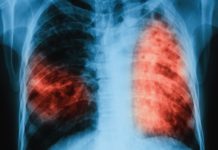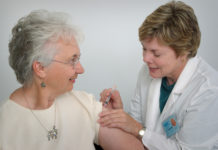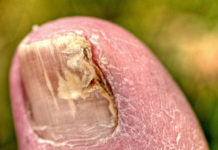
Snoring usually is the stuff of jokes – and embarrassment for the person making strange noises during his sleep. But it is something that can indicate health issues and even be the red flag for a stroke
What exactly causes snoring?
The sound produced when air passes through a narrow partially blocked breathing passage is called snoring and when this breathing passage becomes completely shut it leads to temporary cessation of respiration and is called obstructive sleep apnea – a condition in which respiration is disrupted. During sleep when airpassage gets shut temporarily oxygen supply to the body drops, which makes the person wake up from deep sleep, leading to temporary opening of airway. This cycle continues through the night in people with sleep apnea depriving body of oxygen and causing sleep disturbances .
What causes sleep apnea?
Apnea means cessation of breathing for 10 or more than 10 seconds. Mechanical (anatomical) blockages in the upper airway, nose palate and back side of the tongue and inability of airway muscles to maintain their normal state, during sleep causes the airway to collapse several times during sleep leading to sleep apnea.
Signs and effects of sleep apnea
Sleep disturbances and oxygen deprivation to the body due to obstructive sleep apnea leads to excessive daytime sleepiness, irritability, memory disturbances, heart diseases and strokes. Severe choking spells for longer duration can even lead to heart attacks, brain strokes and even silent deaths are known .
How to diagnose the problem?
People who snore loudly and have symptoms of excessive daytime sleepiness, irritability, memory disturbances and have co morbidities like diabetes, hypertension and dyslipidemidas should undergo a simple test called overnight sleep study (polysomnography) either at home or in a sleep lab to confirm the diagnosis of sleep apnea and also know the severity of condition .
Managing the problem
People who get diagnosed with obstructive sleep apnea should get their upper airway evaluation done by an ear nose throat (ENT) specialist to rule out any mechanical obstructions in the upper airway. Treatment requires weight management, use of cpap (continuous positive airway pressure ) machine which acts as pneumatic splint to open the collapsed airway. In select patients surgical intervention is required. Newer advances like use of robotic surgery give good surgical outcomes in surgical management of sleep apnea .











